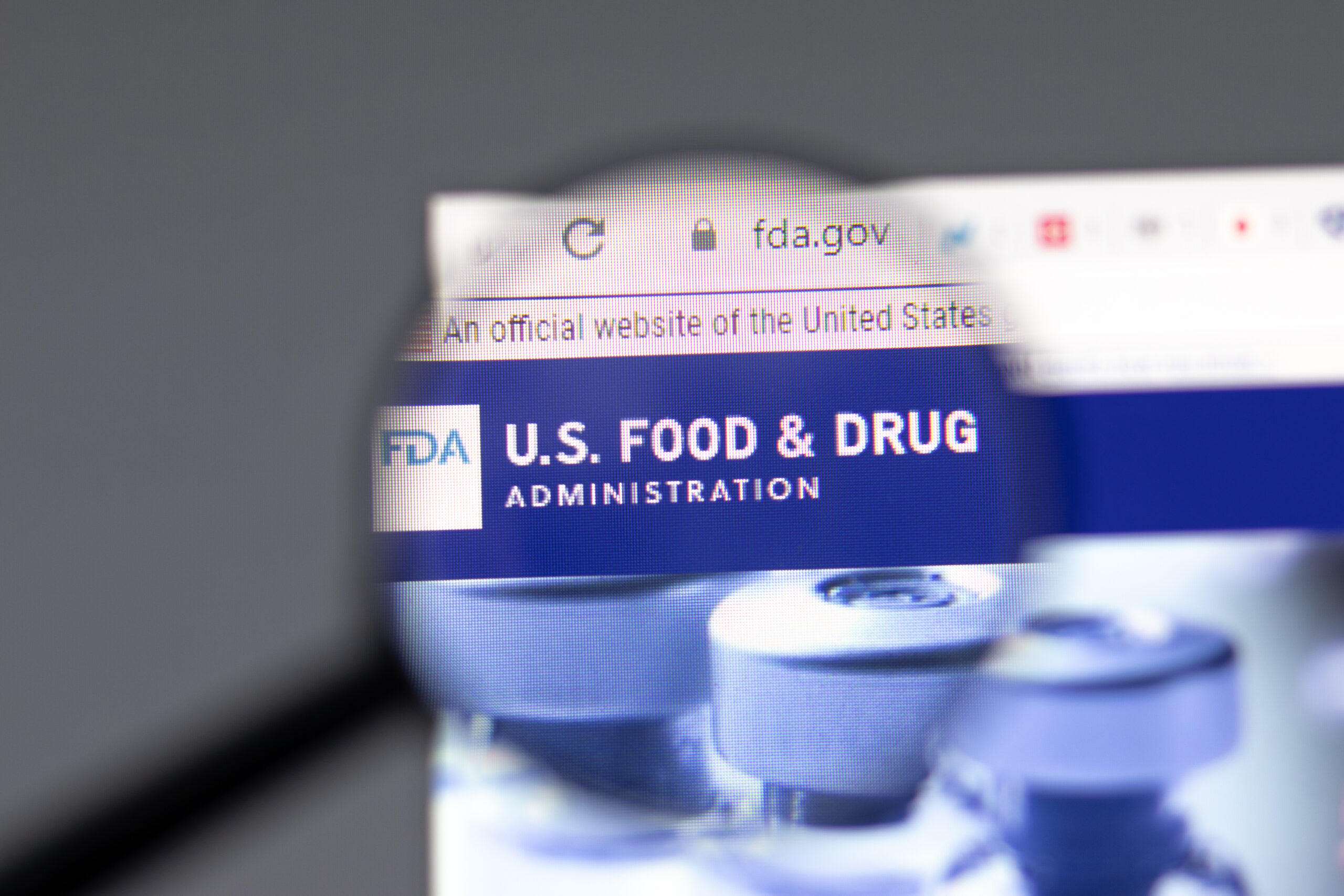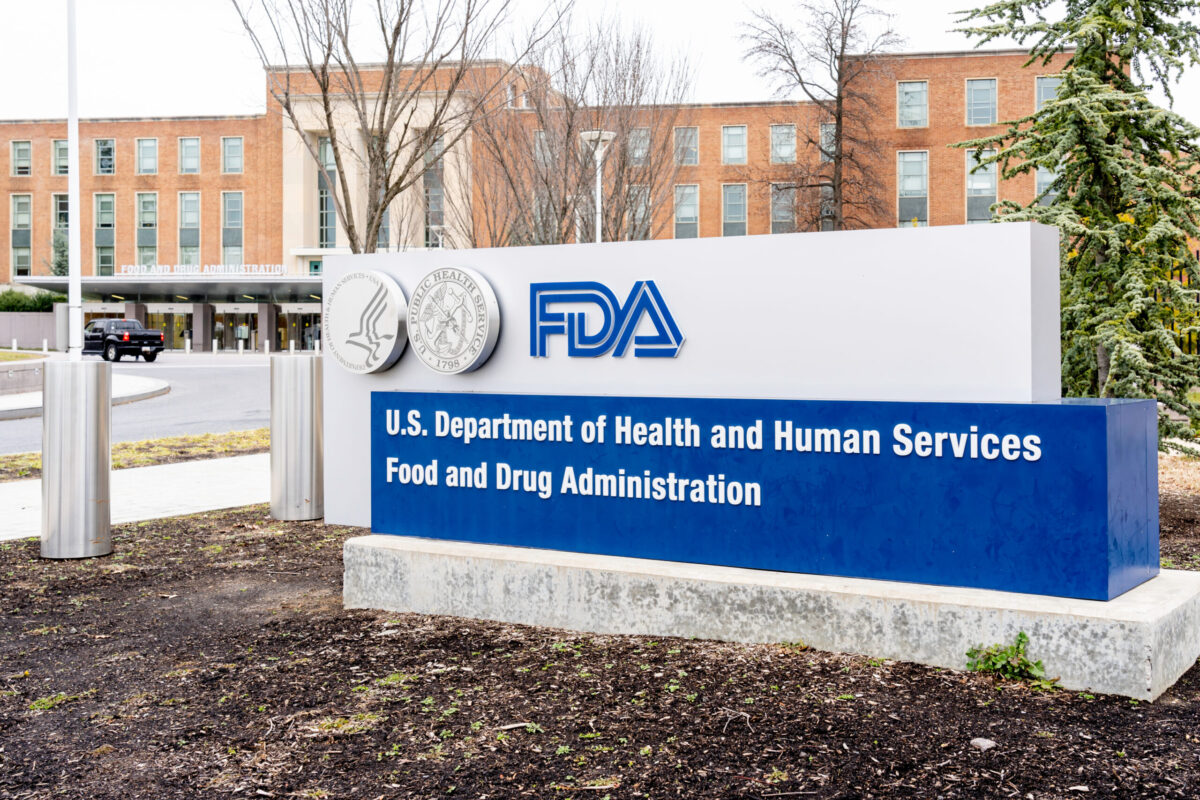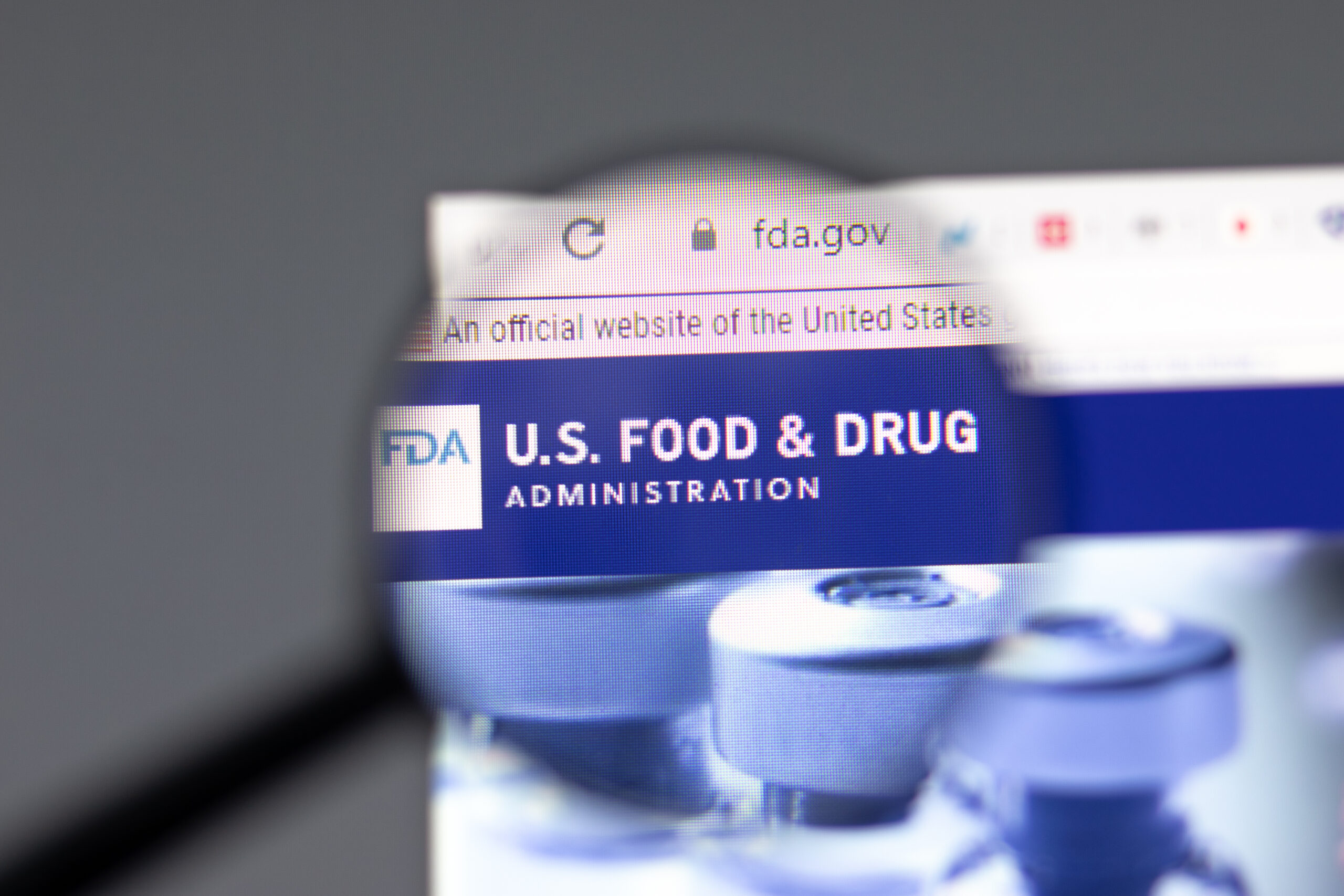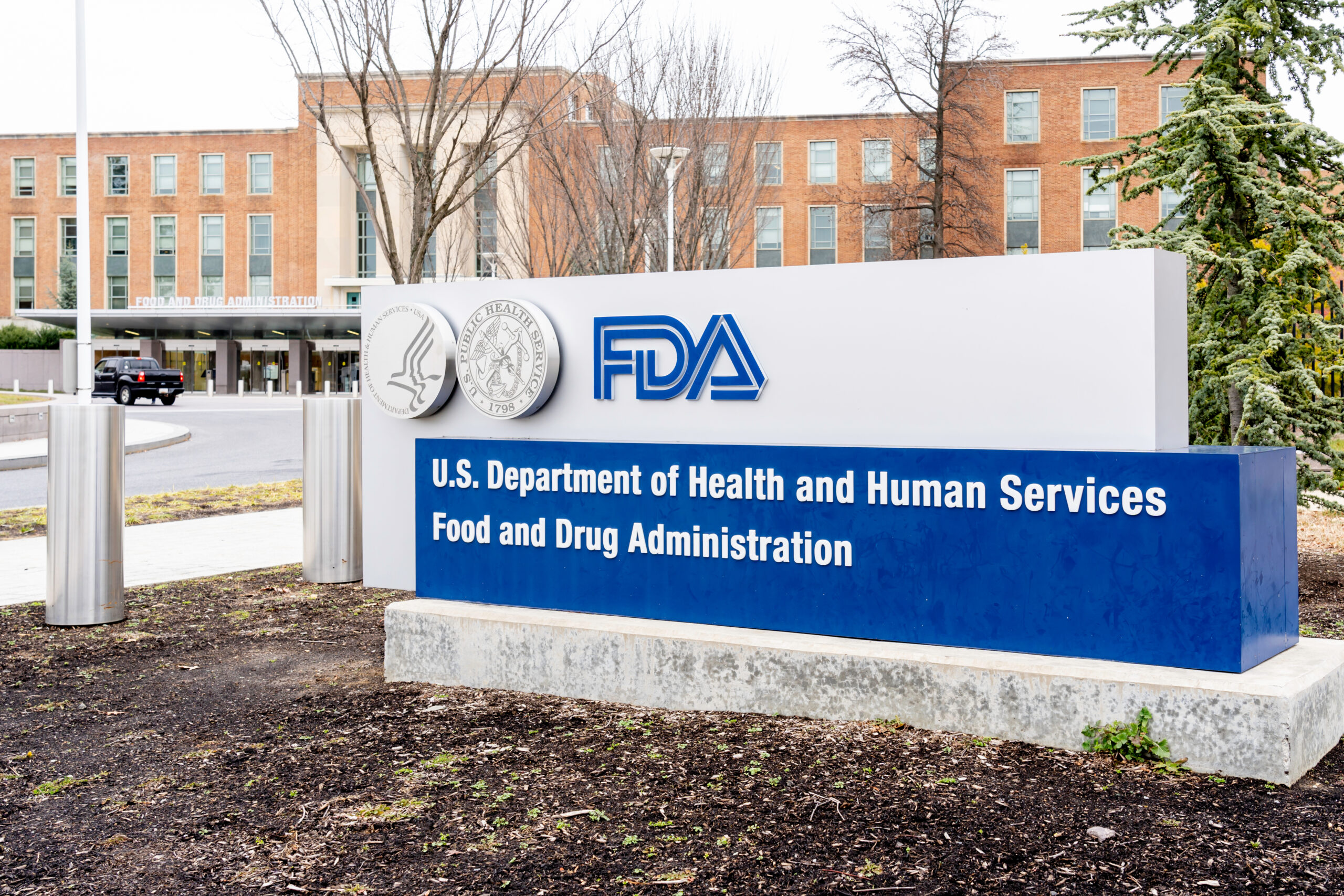According to an October survey conducted by Wamberg Genomic Advisors, 79 percent of consumers would consider undergoing genetic testing to better understand how they might respond to certain drugs. Interestingly, just 40 percent of respondents believe that pharmacogenomics could help reduce their risk of experiencing drug side effects.
The survey included 536 Americans between the ages of 26 and 64. Respondents were queried by Survey Sampling International last month.
Prescribed medications may be more or less effective depending on an individual’s genetics. In some cases, medications are not only ineffective but they may also cause adverse reactions.
It’s estimated that 2 million individuals in the US experience a drug-related side effect each year. These side effects have been linked to 100,000 patient deaths on an annual basis, making it important that physicians identify which individuals are most likely to experience negative reactions.
“Pharmacogenomic testing allows doctors to prescribe the right drug, at the right dose to the right patient,” said Dr. Phil Smalley, Chief Medical Director of Wamberg Genomic Advisors. “Most people carry at least one actionable drug-gene variant that, if known, would mean a doctor should use a different drug or altered dose to treat that person. Truly, one size does not fit all.”
According to Smalley, pharmacogenomics testing could reduce a patient’s risk of experiencing adverse drug events, while simultaneously making prescribed therapies more effective. The wide availability and affordability of genetic testing could help make pharmacogenomics more of a standard practice before drugs are prescribed.
Other notable results of the survey include that 75 percent of respondents believe that genetic testing could prolong lifespan and improve quality of life. Thirty-three percent of those involved in the survey reported that they had previously undergone genetic testing, with just over half of these individuals agreeing that the results of the testing were useful.
“As more people get their drug-related genes tested, we believe that pharmacogenomics will become widespread,” said Smalley. “It allows doctors to reduce serious adverse drug reactions and prescribe more effective medications that will improve public health. In addition, it should help lower pharmaceutical costs by more effectively treating patients.”












Join or login to leave a comment
JOIN LOGIN